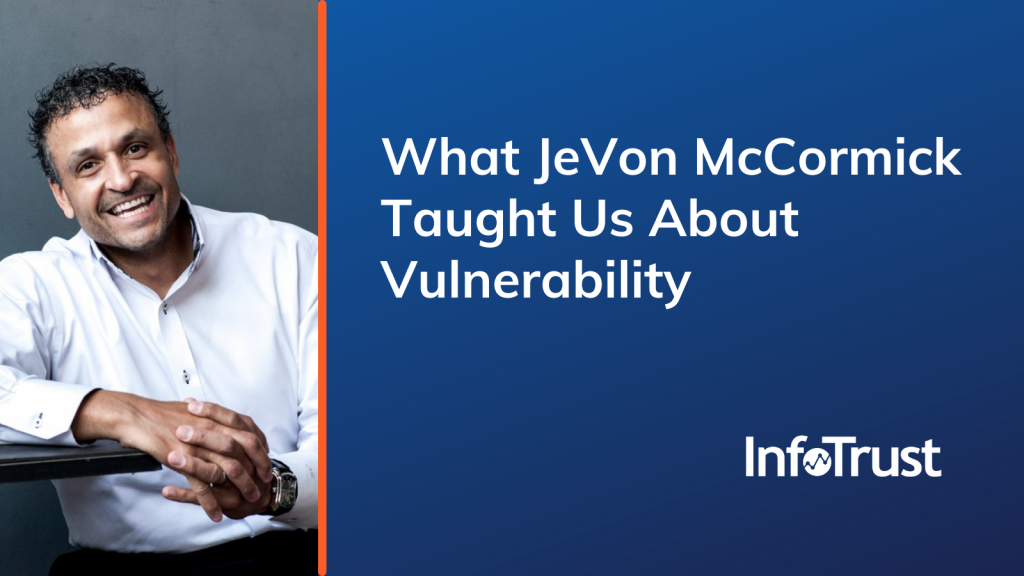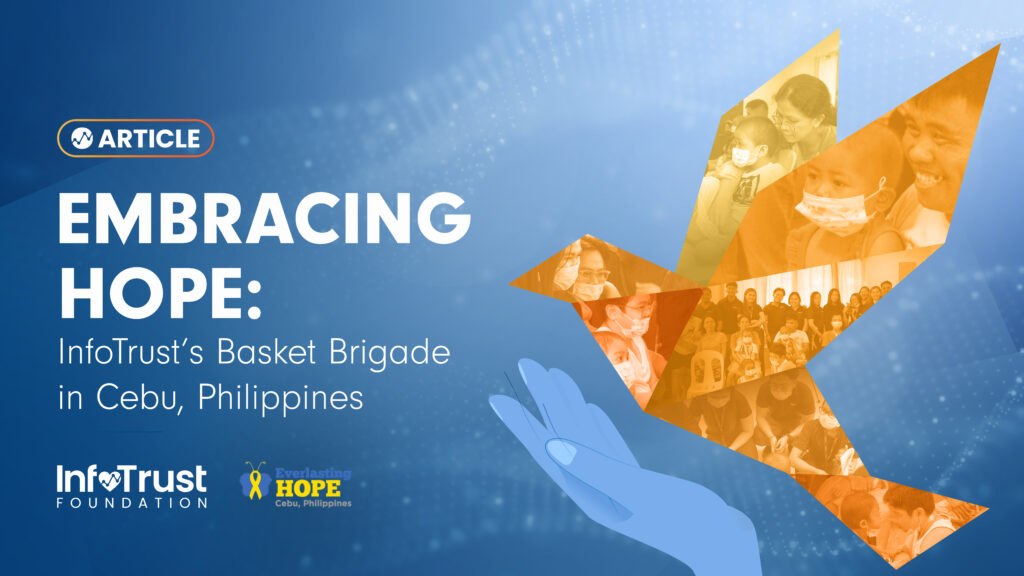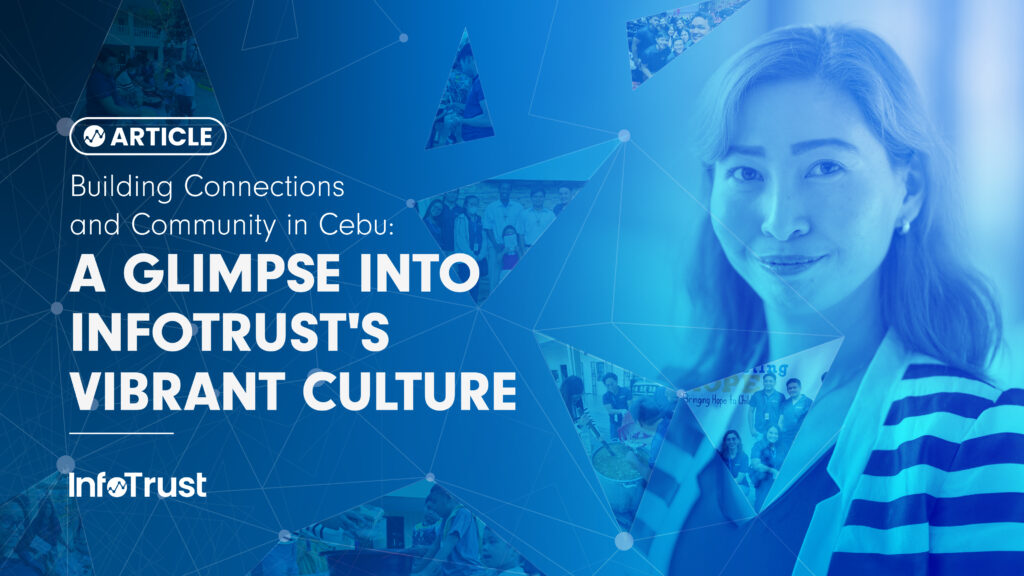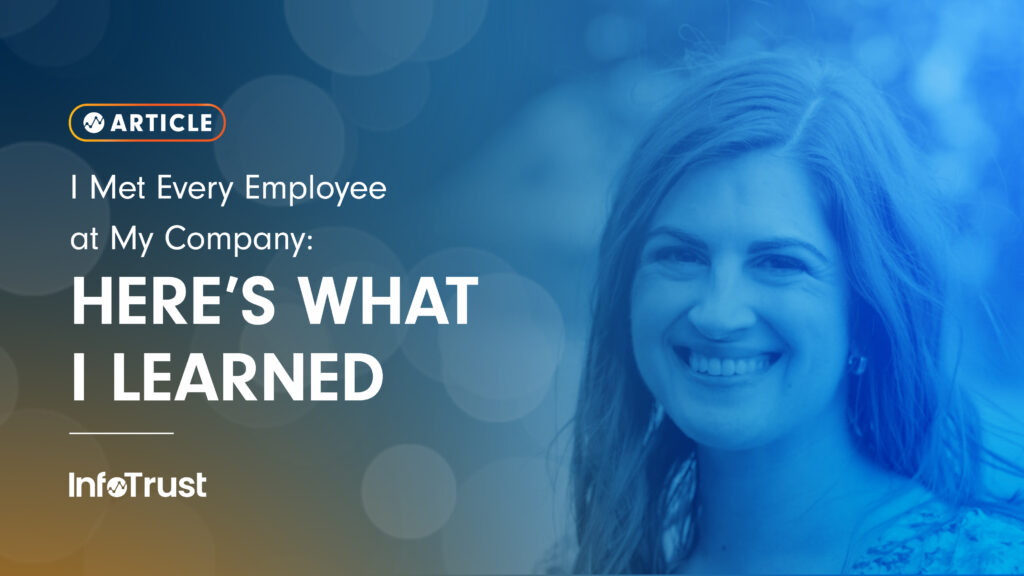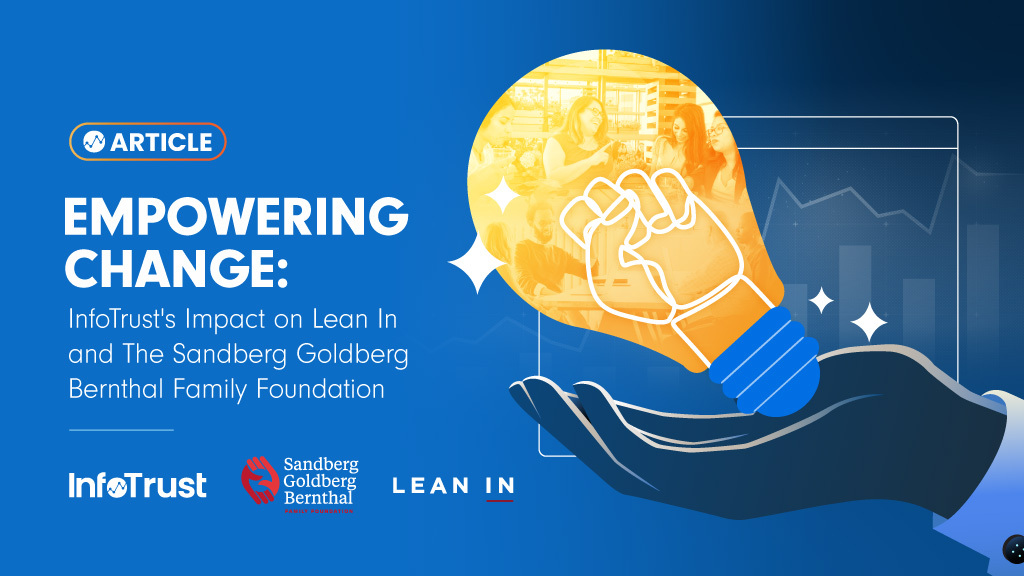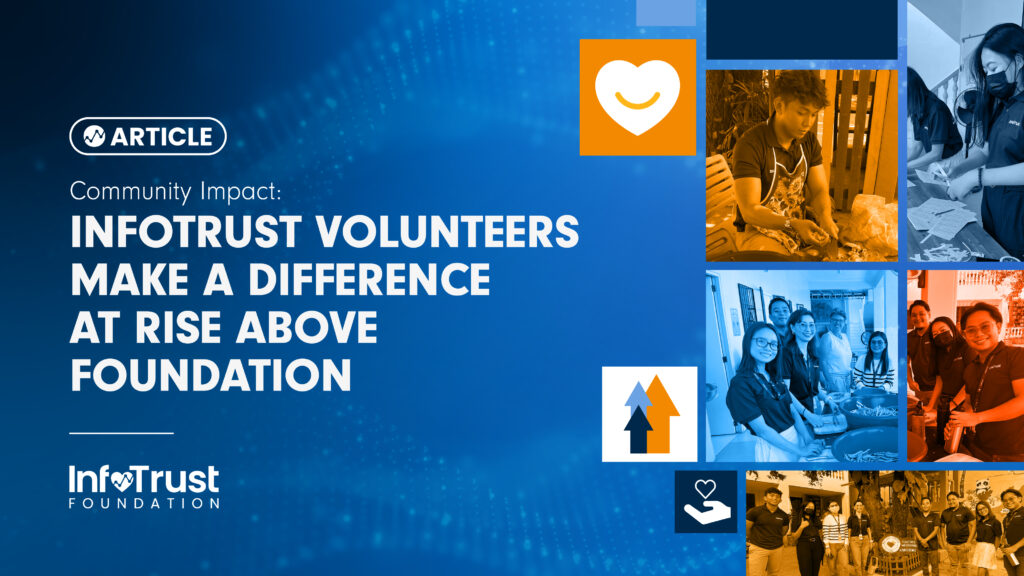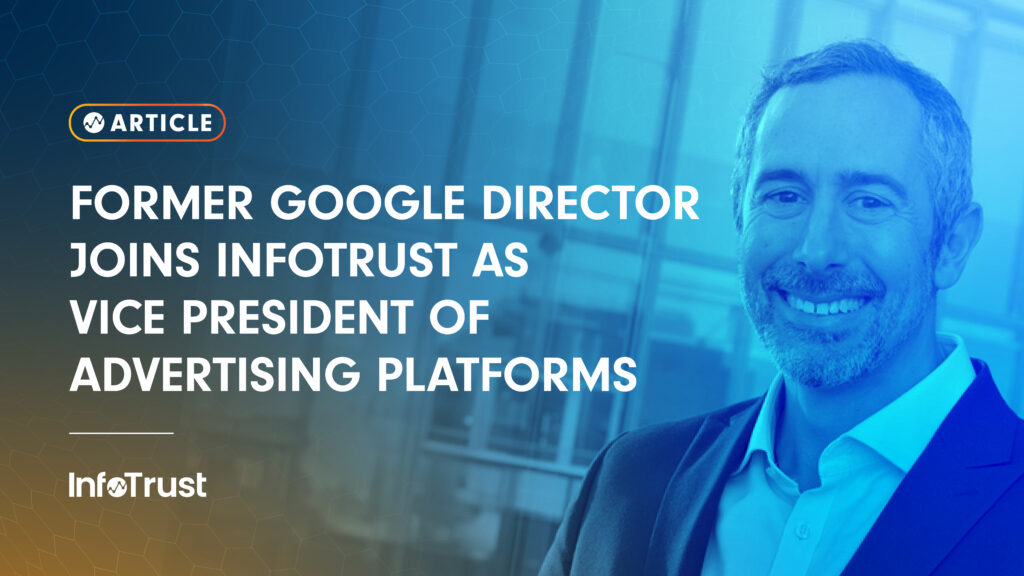“If I can be where I am today, anything is possible.” These were the parting words of JeVon McCormick, the President and CEO of Scribe Media, who delivered an outstanding talk during InfoTrust Week this April.
JeVon wasn’t just being humble. His path to success was far from linear or likely. JeVon was born the mixed-race son of a drug-dealing pimp and an orphaned, single mother on welfare. Over the course of his youth, he went hungry, suffered abuse and neglect, and spent time in juvenile prison. (According to JeVon, “juvenile hall” is a sugar-coated term.) He barely graduated high school, and he has no college degree.
But JeVon overcame the odds and eventually became president of two multimillion dollar companies. The first was a software company where he worked his way up from salesman, and the second is Scribe Media, which has been named one of Fortune’s Best Small Workplaces.
As JeVon reflected upon his personal journey, one of the things that struck me most was his incredible vulnerability. He shared deeply emotional experiences with the entire InfoTrust team, and in doing so, taught us a powerful lesson. The most successful organizations aren’t the ones with a single-minded focus on business. They’re the ones that treat employees like fully rounded people with anxieties, fears, responsibilities, and dreams.
Vulnerability Makes Teams More Effective
In 2012, Google set out to study what makes teams effective. They conducted historical research, took a deep dive into 180 teams, and isolated more than 250 traits. Their data indicated that, more than anything, psychological safety was the crucial ingredient. When people felt listened to, accepted, equally valued, and free to engage in difficult conversations, their teams were far more successful.
In the words of journalist Charles Duhigg, “[This study] is a reminder that when companies try to optimize everything, it’s sometimes easy to forget that success is often built on experiences—like emotional interactions and complicated conversations.” It turns out that vulnerability and trust are more powerful than intelligence, skill sets, or agility.
McCormick is the epitome of vulnerability, and we saw firsthand just how powerful radical honesty can be. He told us about the self-loathing he experienced as a young man, the mixed feelings he experienced attending his father’s funeral, and how he once took a job cleaning toilets so he wouldn’t become homeless.
Within an hour of hearing his story, I noticed that our team was mirroring JeVon’s openness. They were willing to ask JeVon difficult questions, share personal experiences, and engage in deep listening. Vulnerability wasn’t just something that JeVon told us to cultivate; it’s a practice he modeled for us, and we witnessed the immediate trust and respect that develops when people speak openly.
Vulnerability creates a bond between people and brings them together. But many teams don’t get to experience that magical closeness because they’re too afraid of being judged or ridiculed. The best and worst experiences of your life are your fuel, and when you share them, it not only empowers you, but it also helps you draw closer to others.
Vulnerability Opens the Door to New Possibilities
JeVon’s second job was as a mailboy at Nationwide Insurance. One day, he noticed a flyer advertising, “Free lunch-and-learn: 401k.” Motivated by the prospect of a free meal, he asked another employee, “Where’s room 401k?” The employee laughed and graciously helped him find the right room.
That day, JeVon learned what he calls “the two greatest words in the English language: compound interest.” From that day forward, he consumed everything he could get his hands on that told him how to invest, and he eventually made seven figures in the stock market.
JeVon credits his success not to his skill with investing or his business insights, but to his willingness to ask questions. Even “stupid” questions like, “Where’s room 401k?” We often hear, “There are no stupid questions,” but the truth is, many of us are still reluctant to actually ask the questions that come to mind. That’s because we’re afraid of being vulnerable. We’re afraid that we’ll look silly or stupid, when, really, someone else in the room probably has the same question.
JeVon says, “I will ask anything, and I make it my mission to be the first person to ask.” He jokes that that’s how he managed to be the CEO of a software company despite the fact that he can’t code and the CEO of a publishing company even though he can’t spell.
Think about it for a second, and you’ll see how right JeVon is. Vulnerability is at the heart of learning. Every time we’re humble enough to admit we don’t know everything, that’s when we’re receptive to growth. When you make yourself vulnerable and allow yourself to ask questions and learn new things, you open the door to new possibilities.
Own Being Different
During the Q&A, a team member asked JeVon, “You say that you didn’t fit in, so how did you go about carving your own path?”
JeVon gave a simple but powerful answer: “I knew I didn’t fit in, so I didn’t try. I owned being different, and I tried to find new ways to be different.” It may sound simple, but that approach to life and business takes guts. When you embrace being different, you stop limiting yourself and open yourself up to the power of new possibilities.
I want InfoTrust to be different. I want this to be an organization where people support each other, not only with day-to-day tasks, but also with emotional and personal challenges. Most people don’t expect the kind of openness that JeVon came to us with, and they expect it even less in a workplace environment. But I think that kind of openness is exactly what we should aim for.
We can only support each other when we have a clear sense of what others need, and the only way to achieve that clarity is through being vulnerable.
